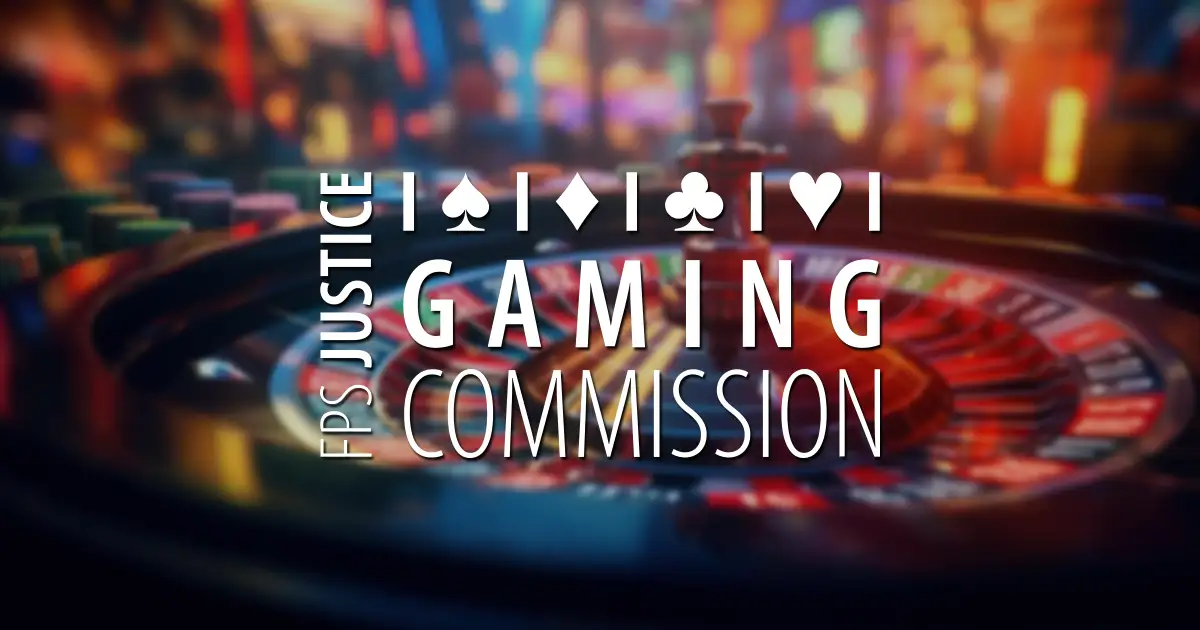The end of interactive TV games: the GC wants to turn the page
For two decades, interactive TV games have captivated viewers in Belgium. But today, the Gaming Commission (GC) is questioning their relevance and is proposing their outright ban. A decision that could mark the end of an era for these programs largely based on the participation of viewers via premium rate calls and SMS.
Games under surveillance since 2010
In Belgium, TV games have been covered by the law on games of chance since 2010, requiring an operating license issued by the GC. These games, often presented in the form of quizzes, have clear elements of chance: the cost of participation (premium rate call or SMS), the random selection of participants, and the loss of the stake in the event of failure. Despite successive regulations, the GC now believes that these programs have become outdated and irrelevant in the current context.
As the GC report highlights, the last G1 license dedicated to this type of game was stopped in November 2022. No G1 licenses are currently active, so it is time to turn the page.
A popularity in free fall
Once stars of the small screen, these TV games have lost their appeal. While Flemish channels such as VTM and 2BE had already stopped broadcasting them in 2010, and had banned them completely in 2012, these programs continued to exist on certain French-speaking channels. However, the craze is no longer there. The number of participants has fallen drastically, while the administrative cost for the GC remains disproportionate.
“The work required to control these games is no longer justified by the number of players. It no longer makes sense to maintain this system,” the Commission states in its official opinion.
Towards a definitive abolition?
The GC is therefore proposing a radical measure: removing interactive TV games from the scope of the Gambling Act. In concrete terms, this would mean banning them outright. According to the Commission, this legislation, introduced more than 10 years ago, has become obsolete in the face of today’s realities.
The GC’s proposal does not only concern TV games. Other media games – radio competitions, newspaper crosswords, etc. – are also the subject of an opinion. Unlike TV games, these formats are considered non-dangerous, as they are only an ancillary element of the programmes. The Commission therefore suggests keeping them without a licence, provided that certain rules are respected, and that they are treated in the same way as low-stakes games such as card games or those in lunaparks.
And tomorrow?
The debate has begun: do interactive TV games still have a place in the digital age and free interactive platforms? The GC, in any case, seems to have settled the question.
“It is time to move forward and adapt to the current reality of the media.”
The ball is now in the legislator’s court. If the removal of licences for TV games is enacted, this will mark the definitive end of these programmes in Belgium. But for other media games, a more flexible framework seems to be emerging.


